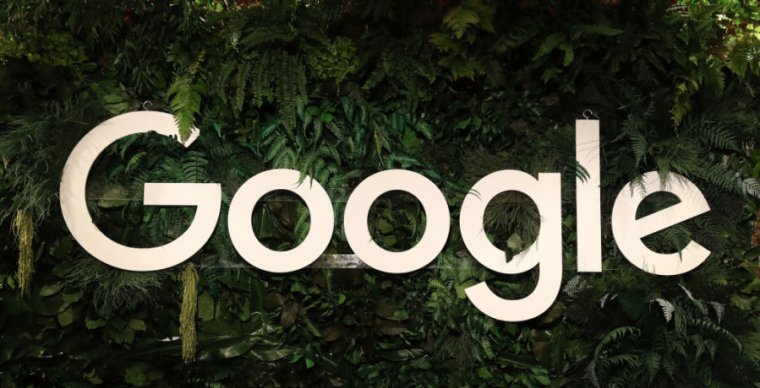
Here's a fun new report from Bloomberg: Google is forming a blockchain division. The news comes hot on the heels of a Bloomberg report from yesterday that quoted Google's president of commerce as saying, "Crypto is something we pay a lot of attention to." Web3 is apparently becoming a thing at Google.
Shivakumar Venkataraman, a longtime Googler from the advertising division, is running the blockchain group, which lives under the nascent "Google Labs" division that was started about three months ago. Labs is home to "high-potential, long-term projects," basically making it the new Google X division (X was turned into a less-Google-focused Alphabet division in 2016). Bavor used to be vice president of virtual reality, and Labs contains all of those VR and augmented reality projects, like the "Project Starline" 3D video booth and Google's AR goggles.Just like "algorithms," "AI," and "5G," "blockchain" is often used as the go-to buzzword for rudderless tech executives hoping to hype up investors or consumers. A blockchain is really just a distributed, P2P database, sort of like if BitTorrent hosted a database instead of pirated movies and Linux ISOs. The database is chopped up into blocks, and each new block contains a cryptographic hash of the previous block, forming a chain of records that protect each other against alterations. On a traditional database, transactions are verified by the database owner, but on a blockchain, nobody owns the database, so each transaction needs to be verified by many computers. This is the big downside of blockchains: everyone's constant transaction verifications use a massive amount of electricity and computing power.
The decentralized nature of blockchains means nobody can take down your database, which cryptocurrencies like Bitcoin leverage to make a wealth transaction system that no government controls. But it's not always clear why you would add all the complication and energy usage of a blockchain to your project.Not much is known about the group, except that it is focused on "blockchain and other next-gen distributed computing and data storage technologies." Google's growth into a web giant has made it a pioneer in distributed computing and database development, so maybe it could make some noise in this area as well.
reader comments
157